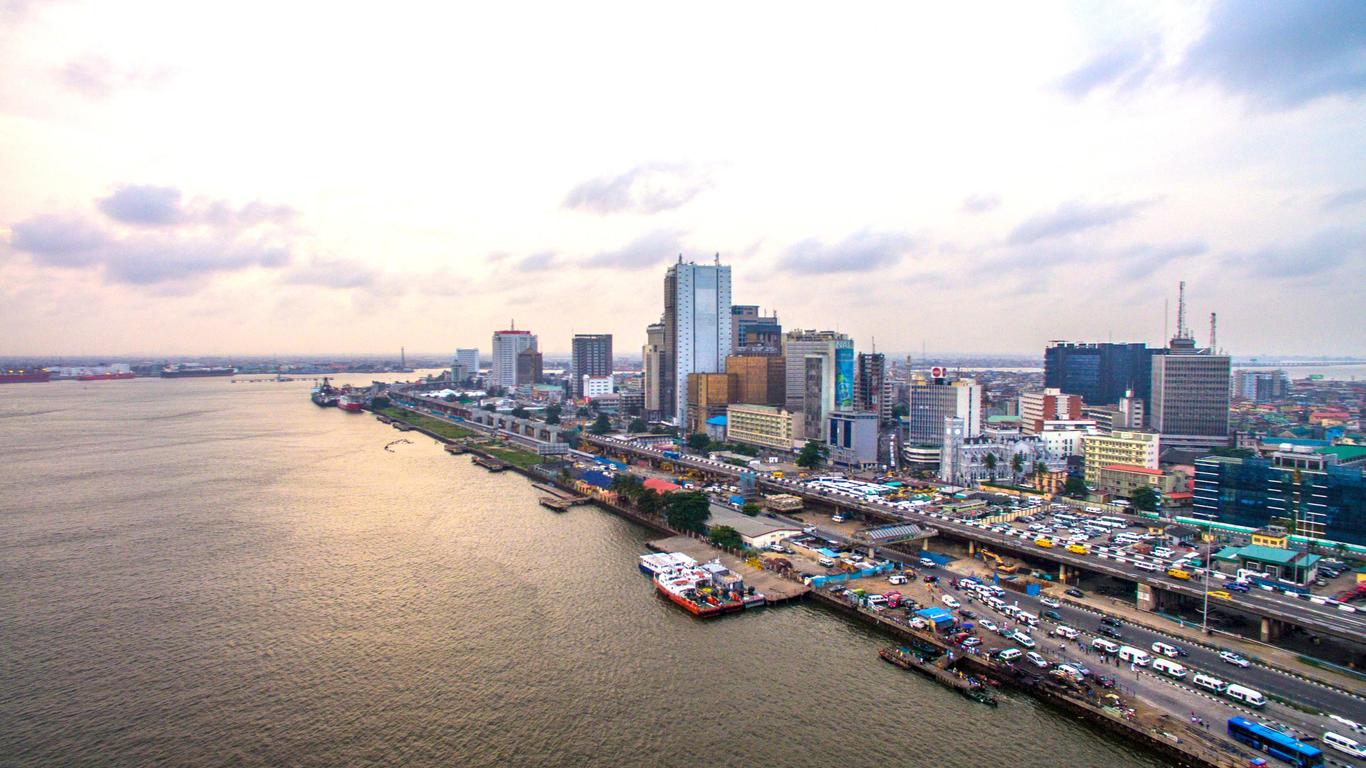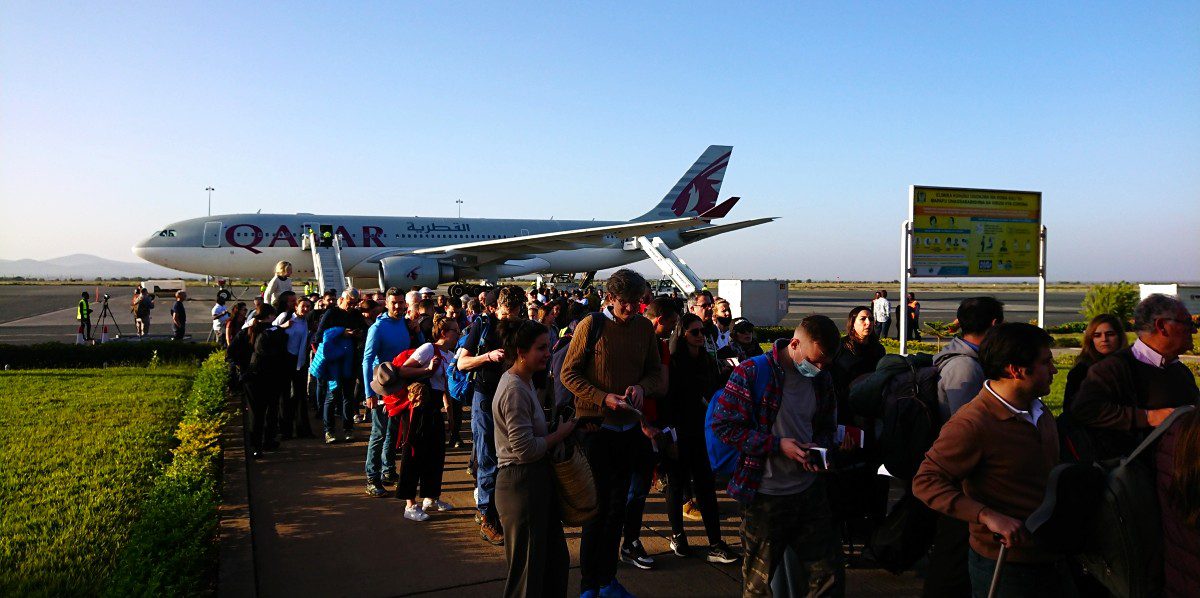

October 10, 2024, marked a significant step toward the global fight against the death penalty, as the Pan African Lawyers Union (PALU) submitted a pivotal request to the African Court on Human and Peoples’ Rights (African Court), urging the Court to issue a landmark Advisory Opinion declaring the death penalty a violation of human rights.
A Global Consensus on Abolishing Capital Punishment
The majority of African nations have increasingly distanced themselves from the practice of capital punishment. This movement aligns with a growing international trend that recognizes the death penalty as fundamentally incompatible with human rights. The request from PALU highlights a critical shift—over 80 percent of African nations have either formally abolished the death penalty or have stopped carrying out executions. In 2023, only Egypt and Somalia carried out executions, underscoring a broader commitment to ending this practice.
Donald Deya, Chief Executive Officer of PALU, made a powerful statement in support of this shift: “The vast majority of African countries have moved away from capital punishment. It is time to recognize that the death penalty is inherently inhuman and degrading, as well as a violation of the right to life.”
This trend is not just confined to Africa. Around the world, the abolition of the death penalty has gained momentum, with countries across Europe, South America, and parts of Asia advocating for its end. This growing global consensus reflects the increasing recognition that the death penalty violates fundamental human rights, including the right to life, personal dignity, and protection from cruel and inhuman treatment.
The African Charter and Human Rights Protections
The African Charter on Human and Peoples’ Rights, ratified by 54 African Union (AU) Member States, guarantees a wide range of human rights protections. Two key provisions are central to the discussion on the death penalty:
By arguing that the death penalty violates both of these foundational principles, PALU is advocating for a reevaluation of its use within the African legal framework. According to PALU, capital punishment is not only an affront to life but also constitutes cruel and inhuman treatment, violating both the spirit and the letter of the African Charter.
The Death Penalty’s Unjust Application
A major aspect of PALU’s case is the argument that the death penalty is applied disproportionately and arbitrarily. PALU notes that it is frequently imposed on vulnerable groups, such as individuals with mental disabilities, those from disadvantaged socio-economic backgrounds, and political dissidents. The application of the death penalty, they argue, is often discriminatory, with factors like age, gender, and language barriers influencing who is sentenced to death.
Additionally, the organization highlights the deficiencies in due process that often surround death penalty cases. These include inadequate legal representation, lack of fair trials, and the possibility of wrongful convictions. These factors, according to PALU, render the death penalty not only unjust but inherently flawed as a form of punishment.
A Step Forward in Africa’s Human Rights Journey
The call for the African Court’s Advisory Opinion is part of PALU’s broader effort to push for a continental shift in attitudes toward capital punishment. By seeking clarity from the African Court, PALU hopes to provide Member States with authoritative guidance on aligning their national laws with international human rights standards.
“The request is aimed at ensuring that the death penalty, with its extraordinary cruelty and often arbitrary application, is scrutinized through the lens of relevant human rights instruments,” says Mr. Deya. “We are asking the Court to provide its opinion on the compatibility of the death penalty with these human rights protections and offer guidance to African governments on how they can align their legal frameworks accordingly.”
Engaging Africa’s Youth in the Human Rights Movement
The movement to abolish the death penalty is not just a legal or political issue—it is deeply connected to the future of Africa’s human rights landscape. Young Africans, who will be the leaders of tomorrow, are an essential part of this conversation. By connecting the death penalty issue to global human rights trends, PALU is not only appealing to policymakers but also to the youth, who are increasingly engaged in discussions about justice, equity, and human dignity.
The youth of Africa are already at the forefront of many social movements, and their involvement in the fight for abolition could amplify the momentum for change. Educating and empowering young Africans to understand the legal, ethical, and humanitarian aspects of the death penalty is crucial for building a more just and equitable society.
A Global Movement and Africa’s Role
Africa’s shift away from the death penalty is reflective of broader global trends. The global abolitionist movement has seen considerable progress, with countries such as Mexico, Canada, and many in Europe leading the charge. However, Africa’s role in this movement is particularly significant, given its unique historical, cultural, and legal contexts.
Africa has long struggled with issues of justice and human rights, and the abolition of the death penalty represents a powerful statement that the continent is committed to human dignity and fairness. PALU’s initiative, if successful, will position Africa as a leader in the global movement toward the complete abolition of the death penalty, further cementing the continent’s place in the international human rights community.
What’s Next?
As the African Court prepares to consider PALU’s request, the international community will be watching closely. A positive Advisory Opinion could have far-reaching implications, not only for African countries but for the global human rights landscape. It would mark a significant step toward the complete abolition of the death penalty in Africa, reinforcing the continent’s commitment to protecting the right to life and human dignity.
For now, the movement continues to gather strength. It is a movement that is rooted in the desire to create a better future—one where human rights are fully respected, and where every individual is afforded the dignity and protection they deserve. As the African Court prepares to deliberate, Africa’s future remains in the hands of its people—especially its youth, who are poised to lead the charge toward a more just and humane continent.
Practical Takeaways
For African leaders, this is a critical moment to reflect on their commitments to human rights. The request to the African Court presents an opportunity for governments to realign their legal frameworks with international standards, fostering a stronger human rights culture across the continent.
For young people, this is an invitation to engage with the issue of the death penalty, to learn about the legal implications, and to advocate for change in their communities. By understanding the legal and moral foundations of the abolition movement, youth can be instrumental in driving Africa toward a future where the death penalty is no longer a tool of punishment.
The fight against the death penalty is not just about ending a practice—it is about affirming the rights of all people to live with dignity and freedom. This fight belongs to all of us.


